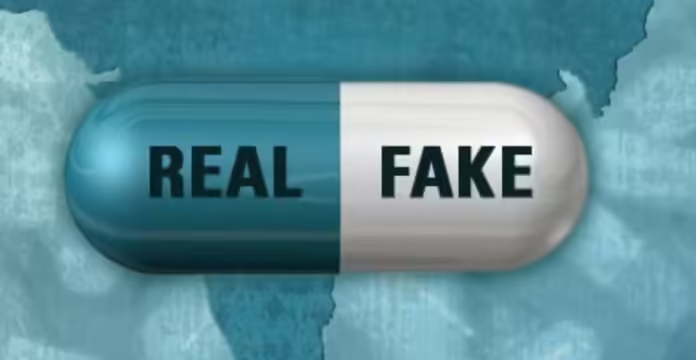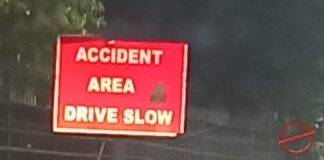Public trust in health system has suffered a major decline off-late, owing to availability and subsequent consumption of substandard drugs by patients, in absence of detection of NSQ medicines in the market.
However, in a shocking development, the Central Drugs Standards Control Organization (CDSCO) has finally tagged a significant 53 drugs, openly available in market and easily prescribed by doctors, including Paracetamol, Pan D, Metronidazole, anti-diabetic drug Glimepiride, high blood pressure medication Telmisartan and Shelcal amongst others, as ‘not of standard quality’ (NSQ), evoking mass safety concerns about its use.
As per its report released in last month, the central drug regulator has mentioned names of medicines including paracetamol, calcium supplements, vitamin D, high blood pressure drugs besides specific anti-diabetes medications under the NSQ Alert category. These alerts are based on random monthly sampling conducted by state drug officials.
Among the medicines that did not pass quality checks are the anti-diabetic drug Glimepiride, vitamin C and D3 tablets, vitamin B complex, vitamin C softgels, Shelcal, Pan-D, paracetamol tablets (IP 500 mg), besides the high blood pressure medication Telmisartan.
These products were being manufactured by different pharmaceutical firms including Hindustan Antibiotics Limited (HAL), Karnataka Antibiotics & Pharmaceuticals Ltd, Hetero Drugs, Alkem Laboratories, Pure & Cure Healthcare, and Meg Lifesciences.
Shockingly, the widely used treatment for stomach infections produced by HAL Metronidazole, besides the popular calcium and vitamin D3 supplement Shelcal, also failed the quality testing procedure of the central drug regulator.
The CDSCO has issued two lists, the first containing names of 48 drugs that did not meet quality standards while the second list carries names of five drugs in the NSG Alert category, including the manufacturers’ responses. The five drugs include Pulmosil (Sildenafil Injection), Pantocid (Pantoprazole Tablets IP), Ursocol 300 (Ursodeoxych olic Acid Tablets IP) besides Telma H and Deflazacort.
Response from manufacturers of all five drugs in NSG Alert category mentions “The actual manufacturer (as per label claim) has informed that the impugned batch of the product has not been manufactured by them and that it is a spurious drug. The product is purported to be spurious. However, the same is subjected to the outcome of investigation.”
Additionally, a Kolkata drug-testing laboratory identified antibiotics such as Clavam 625 and Pan D as spurious. Cepodem XP 50 Dry Suspension, a common medication for infections in children, was also flagged by the CDSCO for failing quality tests.
Earlier in August, the CDSCO imposed a ban on over 156 fixed-dose drug combinations nationwide, citing a ‘likely risk to humans’.
CDSCO categorizes NSQ products in three categories A, B and C
As per Drug and Cosmetic (D and C) act, 1940, under section 17, 17A and 17B, poor quality drugs comprises of misbranded, spurious and adulterated drugs, respectively. With the 2008 amendment of D and C act, the Central Drugs Standard Control Organization (CDSCO) has categorized not of standard quality (NSQ) products in three categories A, B and C that is helpful in categorizing the products during quality evaluation.
Category A
This category incorporates spurious and adulterated drug products; which conceal the real identity of the product or formulation and be similar to some well-known brand. These products may or may not contain active ingredients and generally manufactured by unlicensed antisocial people or sometimes by licensed manufacturers. Products that consist of adulterant/substituted product or incorporate some filth material are known as adulterated drugs.
Category B
This category includes grossly substandard drugs in which product fails the disintegration or dissolution tests and where active ingredient assay get below 70% and 5% of permitted limit for thermolabile and thermostable product, respectively for tablets or capsules. In case of parenteral preparation, failing sterility, pyrogen/endotoxin test or inappropriate toxicity, and fungus presence in any liquid preparation hold such products in this substandard category.
Category C
This section involves products with minor defects like emulsion cracking, change in formulation colour, small variation in net content, sedimentation in clear liquid preparation, failing of weight variation test, spot or discolouration on product, uneven coating, presence of foreign matter and labelling errors.






























